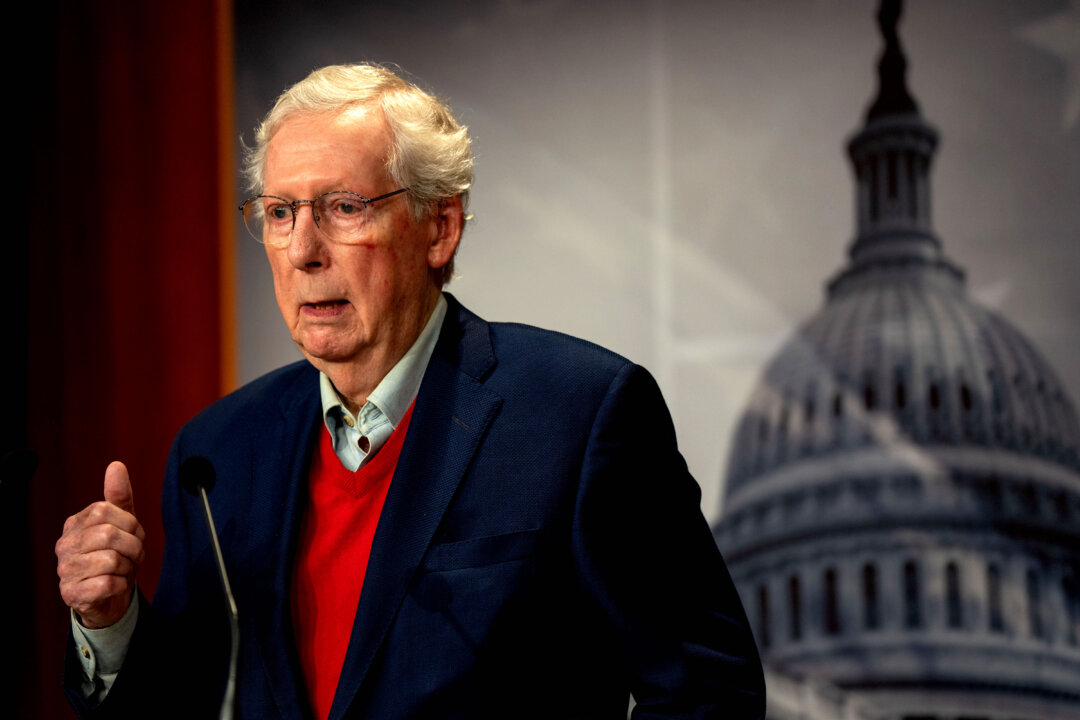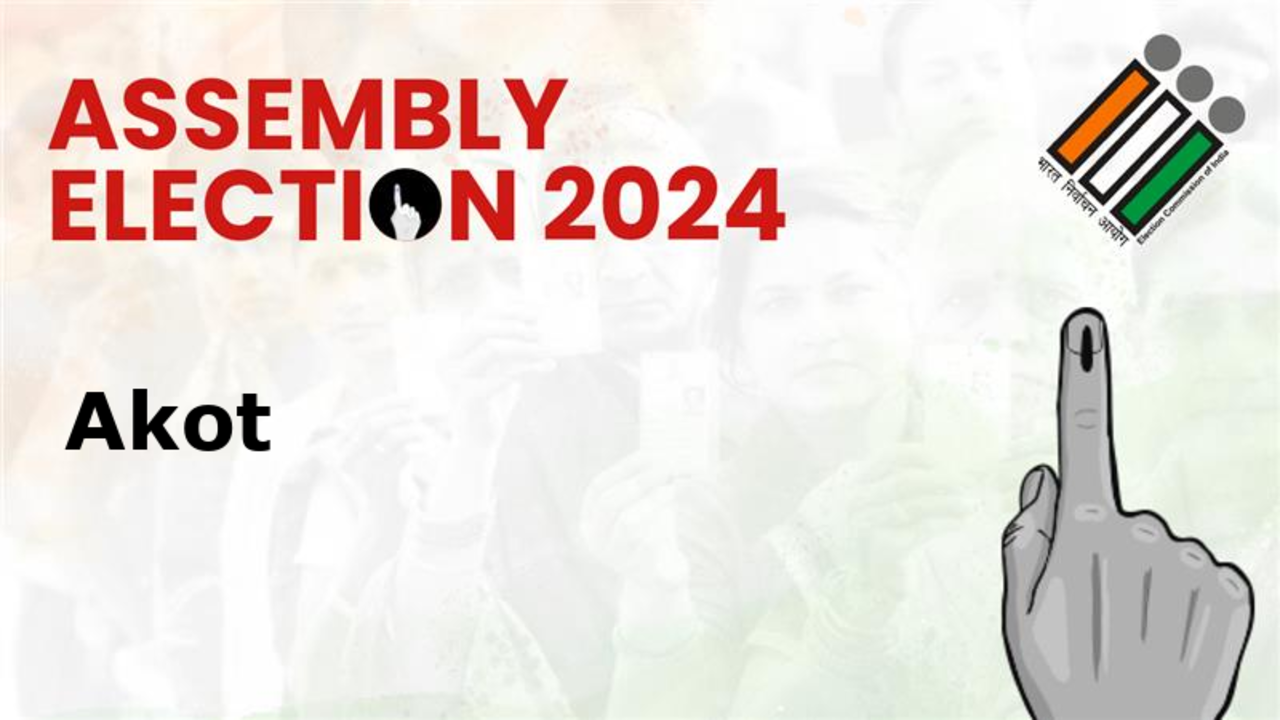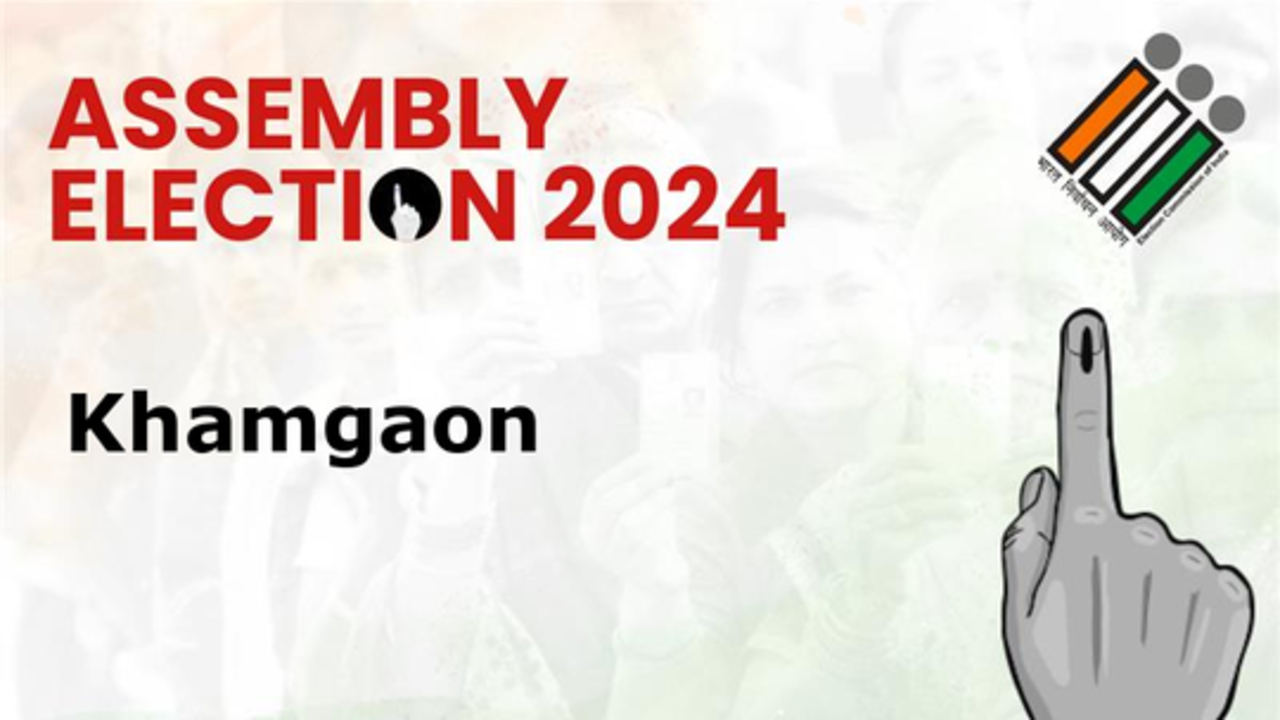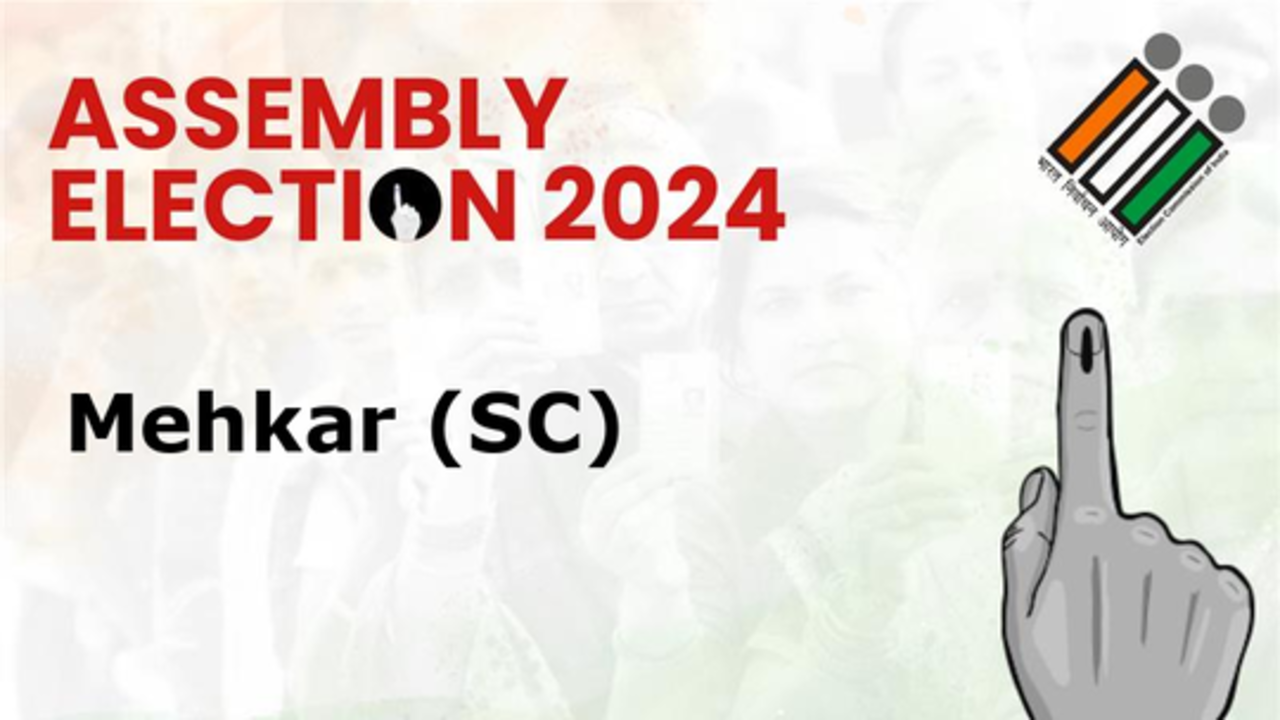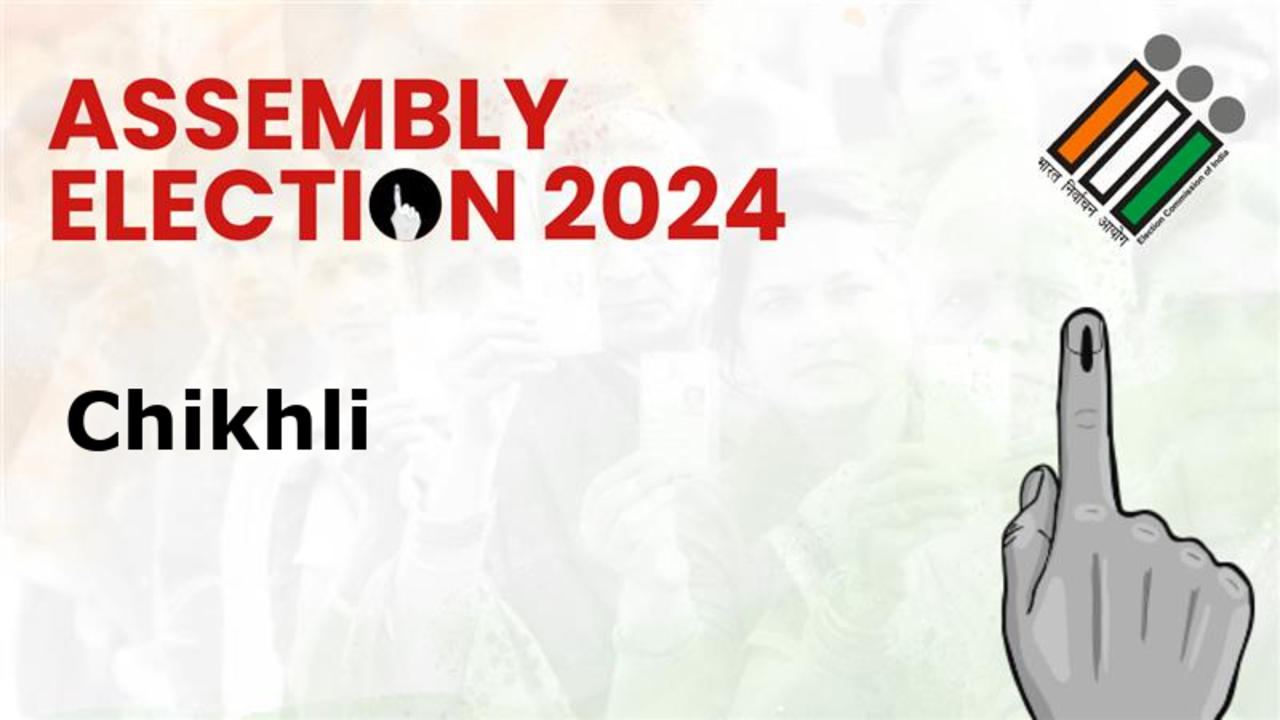
Sometime after 2035, it’s likely most motorists in Connecticut and many other states will drive “zero-emissions” vehicles – whether powered by batteries, hydrogen or some other emergent technology. But if Gov. Ned Lamont has his way, this conversion will be a matter of individual choice, not government mandate in Connecticut.
And that is as it should be. Less than a year ago, Gov. Lamont and legislative Democrats were still gung-ho on EVs, notwithstanding the mounting evidence of public opposition.
They were fully prepared to go along with the California Advanced Clean Cars regulations, which Connecticut and 13 other states had adopted as their own. It took just two Democrats to turn the tide in the Constitution State – Sen. Joan V.
Hartley, of Waterbury, and Sen. Cathy Osten, of Sprague. Both lawmakers serve on the legislature’s Regulation Review Committee, which was poised last December to approve a Department of Energy and Environmental Protection proposal to impose the mandate_ When Sens.
Hartley and Sprague, and all of the panel’s Republican members, disclosed that they intended to vote no, simple arithmetic revealed the measure could not pass. It was all but dead, and Gov. Lamont administered the coup de grace Tuesday.
Tuesday, a reporter asked Gov. Lamont whether an EV mandate was still in the works. “No,” he replied.
“We were following the federal standards, and I think the federal standards are no more.” Indeed, the election of President-elect Donald Trump on Nov. 5 seems to have played a dominant role in Gov.
Lamont’s decision. Mr. Trump, a Republican, has nominated former New York gubernatorial candidate Lee Zeldin, no friend of the EV industry, as administrator of the U.
S. Environmental Protection Agency. The Senate Republican Caucus welcomed Gov.
Lamont’s announcement. “Republicans support efforts to protect the environment and to make the air cleaner,” the GOP caucus said in a statement, “but the multiple question marks and contradictions surrounding the EV mandate’s achievability, affordability, and budgetary impact remain serious concerns.” Much has to happen before a majority of Americans will choose to buy or lease EVs.
First and foremost, installation of public charging stations needs to begin in earnest. Second, and no less a priority, the nation’s electrical grid needs to be bolstered and hardened to accommodate hundreds of millions of cars and trucks that will be recharged daily. Third, the costs and environmental damage associated with the manufacture of batteries will have to be addressed.
Finally, state and municipal leaders should give transit services incentives to use electric buses, to get a sense of the vehicles’ range, reliability and practicality. It was, and is, sheer madness to impose EV mandates on consumers, in a time when none of these challenges have been dealt with, or even fully understood..








